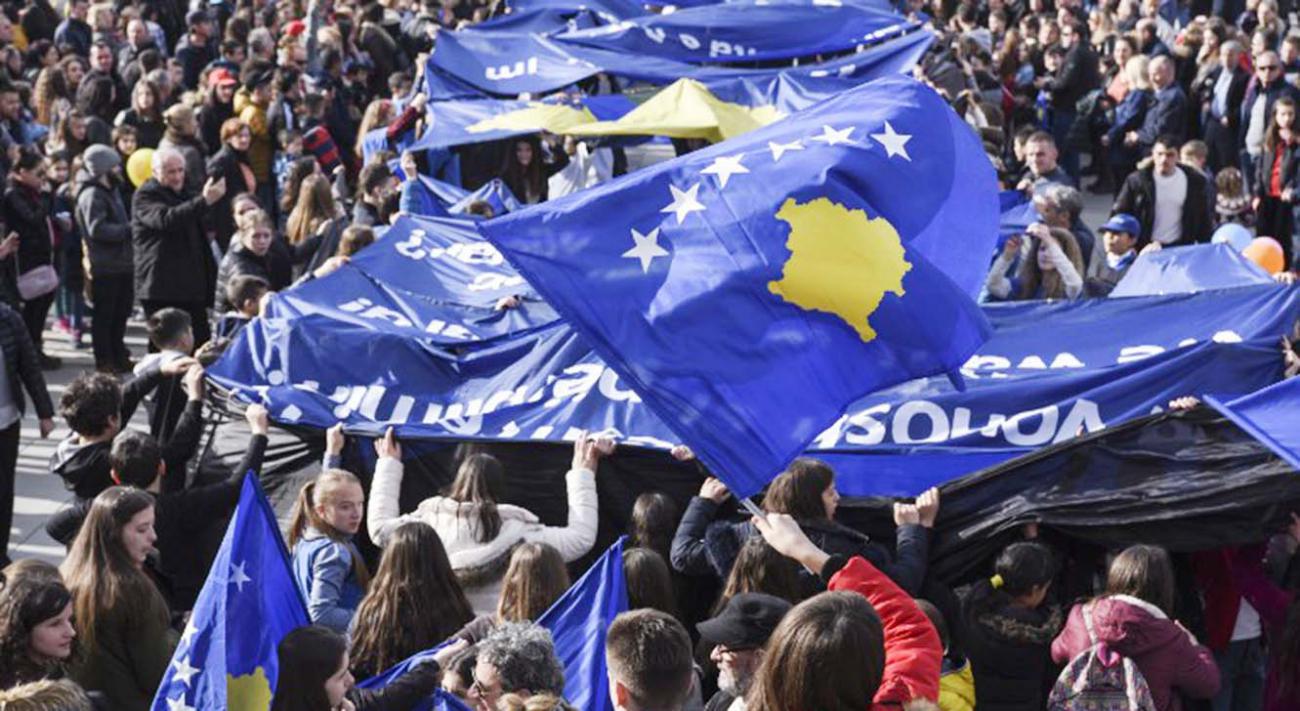Abdur Rahman Khan
Amid a worsening diplomatic row between the two countries, Bangladesh summoned on Tuesday Pakistan’s high commissioner to lodge a protest after a Bangladeshi official Bangladesh High Commission in Islamabad was detained for four hours.
Weeks of rising tension in the relationship between the two countries were sparked in late November by the executions in Bangladesh of two opposition leaders convicted of crimes against humanity during the 1971 war.
At the time, Pakistan’s foreign ministry had expressed “deep concern and anguish” at the executions, describing the trials of those involved in alleged atrocities during the conflict as “flawed”.
On last Tuesday Pakistani High Commissioner in Dhaka was summoned to the foreign ministry after the Bangladeshi official in Pakistan was detained for hours on Monday, hours after police in the Bangladeshi capital had detained an official of the Pakistan High Commission, citing his “suspicious movement”.
Both Pakistani and Bangladesh officials, however, were released within a few hours. Last month, a Bangladeshi diplomat in Pakistan was expelled in what Dhaka officials called “an act of retaliation” after a Pakistani diplomat in Dhaka was expelled after being accused of spying. In late December, Pakistan withdrew Farina Arshad, a diplomat at its High Commission in Dhaka, after Bangladeshi authorities accused her of spying and being involved in financing Islamist groups.
However, two recent incidents have fuelled tensions between the two countries, already compounded by Pakistan’s comments on the trials of the 1971 war criminals and alleged links of officials of the Pakistan High Commission in Dhaka for financing terrorists in Bangladesh.
Further irritation
It is likely to be more irritating for Pakistan after a section of civil society leaders demanding severing diplomatic ties with Pakistan and lately the Bangladesh Minister for Shipping Shahjahan Khan announcing a list of 200 Pakistani war criminals. A list of Pakistani soldiers, who are believed to have committed war crimes in 1971, has been prepared by the International War Crimes Mass Trial Movement (IWCMTM).
The organization was formed while the trials of Bangladeshi collaborators were underway, placed the list containing 200 names at a press conference on Tuesday. Shipping Minister Shahjahan Khan was instrumental in the formation of this body after Pakistan began opposing the trials and execution of convicts.
Altogether 195 Pakistani Army personnel had been accused of war crimes in 1971, but Khan explained the addition of five more names.
“The plan was to release 195 names, but we found five more individuals; so the list has 200 names.” The organisation has received more information, he said. “More lists will be made public after verifying the information.”
Sixty-eight army men named in the list have been accused of planning war crimes and leading their execution.
Charges of genocide, rape, looting and arson have been leveled against 118. Another 14 have been accused of committing genocide on a massive scale. The IWCMTM members will march in a procession and appeal to the Parliament’s Speaker to raise the issue in parliament.
Journalist Abed Khan, film director Kazi Hayat, freedom fighter Ismat Kadir Gama, professor Abdul Mannan Chowdhury and actress Rokeya Prachi were present at the press meet.
Dhaka to maintain ties: FM
Meanwhile, amid growing tensions between the two countries, Bangladesh Foreign Minister A H Mahmood Ali told the Jatiya Sangsad on Tuesday that Bangladesh is not going to cut diplomatic relations with Pakistan ‘for now’. The minister faced a question on the issue in Parliament on that day after a staff member of Bangladesh’s mission in Islamabad had gone missing for hours.
“Problems do not necessarily mean we have to break relations. Many countries maintain diplomatic ties even during times of war,” he said.
The minister said, “I don’t want to do anything for now. The future will tell where this will go. We’ll have to consider the time. We have to think of our national interest on top of everything.
To a question by Mohibur Rahman Manik on Pakistan’s stance on the trials of war criminals, the foreign minister said, “Pakistan has been opposing the trial since the very beginning.”
“Pakistan has termed the trials faulty and politically motivated,” he said and added: “We received unexpected reactions from Pakistan on different occasions, following the judgment delivery in war crimes cases and execution of the verdicts. The foreign ministry has taken proper and strong measures every time.”
He said Pakistan’s reactions to the war crimes trials are tantamount to interference in Bangladesh’s internal affairs. Pakistan has frustrated us time and again.”
Source: Weekly Holiday








